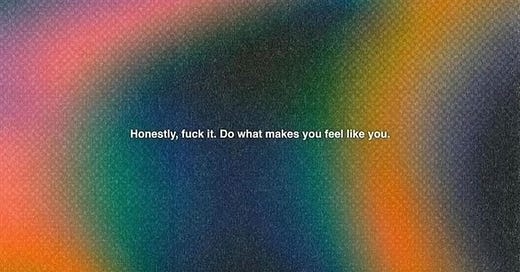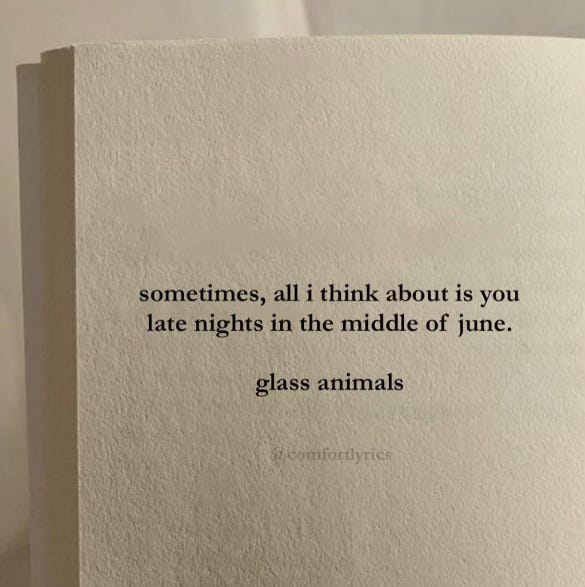(#48) Thoughts on Generative Music Space
Video killed the radio star, and then AI killed everyone else
🤔 Thoughts on Generative Music
I'm passionate about music and technology. I'm excited about the potential to change how the entire globe interacts with music and to open new experiences for people.
Music is more compelling to me than other art forms because I don’t have to think too hard about it. With films, paintings, and poetry, I need to understand them first. But music connects directly with my emotions through sound waves. This direct connection makes music a great tool for expressing myself. It's so flexible and unconstrained that I can find or create endless variations
In creation platforms today, we have a very skewed ratio of people consuming to creating. Today, we listen to the creations of very few people, but with generative video and music companies like Pika, Udio, and Suno the creation process is democratized.
There are also negatives. Democratization will always produce those who distort the landscape through unsavory means. Cool. Most of us think it's lame. But if that's your gig, off you go. We love the subcultures, the concept albums, and the connection CDs and vinyls give us. But neither form reigned for long. So, we adapt. Streaming was inevitable, and there's no going back.
Pika:
Pika is the idea-to-video platform that turns whatever’s in your head into a video. Pika was founded just over a year ago by Chenlin and Demi, two women who dropped out of their Stanford PhD program to make video-making as easy as typing a text message.
Udio's mission is to democratize music creation by leveraging the power of generative AI. They strive to make it easier for anyone, regardless of their musical background, to express their creativity and create their own unique soundtracks.
Suno is building a future where anyone can make great music. Whether you're a shower singer or a charting artist, we break barriers between you and the song you dream of making. No instrument needed, just imagination. From your mind to music.
🎙️ AI’s Threat To Music
There were so many great takeaways from this interview Ted Gioia had with Rick Beato on AI’s Threat To Music. I also really like Ted’s newsletter, "The Honest Broker". It's a reader-supported guide to music, books, media & culture.
Here are some points from the AI’s Threat To Music interview that stood out to me:
How do you generate more Spotify streams than Michael Jackson or Elton John? Swedish composer Johan Röhr pulled off that impressive feat in the strangest way possible. He hid behind 656 different pseudonyms. Röhr isn’t famous, but that hardly matters. He has generated an astonishing 15 billion streams on Spotify, and his invisibility strategy got lots of support from the platform. These pseudonymous tracks showed up on 144 official playlists with 62 million followers in aggregate.
Streaming platforms have many reasons to prefer unknown musicians like Johan Röhr. In a world of anonymous tracks, superstars and record labels have little negotiating leverage with streamers—whose brand gets stronger as musicians lose visibility. In some instances, streaming platforms may even buy these tracks as works-for-hire, and thus avoid all royalty payments.
I increasingly hear industry leaders refer to music as content, and I think the rise of AI will only accelerate this process of "anonymity.”. Not only won’t audiences know the name of the person behind the song—there might not be any humans involved. Instead of fighting against this, many music industry leaders are excited about the potential for cost savings.
How can you tell if somebody in the music business wants to replace musicians with AI? The first clue is that they describe music as content. Here’s what Spotify’s CEO announced in a recent tweet
📸 Screen Shot
👁️🗨️ Shower thoughts
Been listnting to albums more than playlist
I'm going to take a break from working on my medium-sized screen to go watch my big screen while I scroll my tiny screen
Living life to the best of my ability
Video killed the radio star, and then AI killed everyone else.





